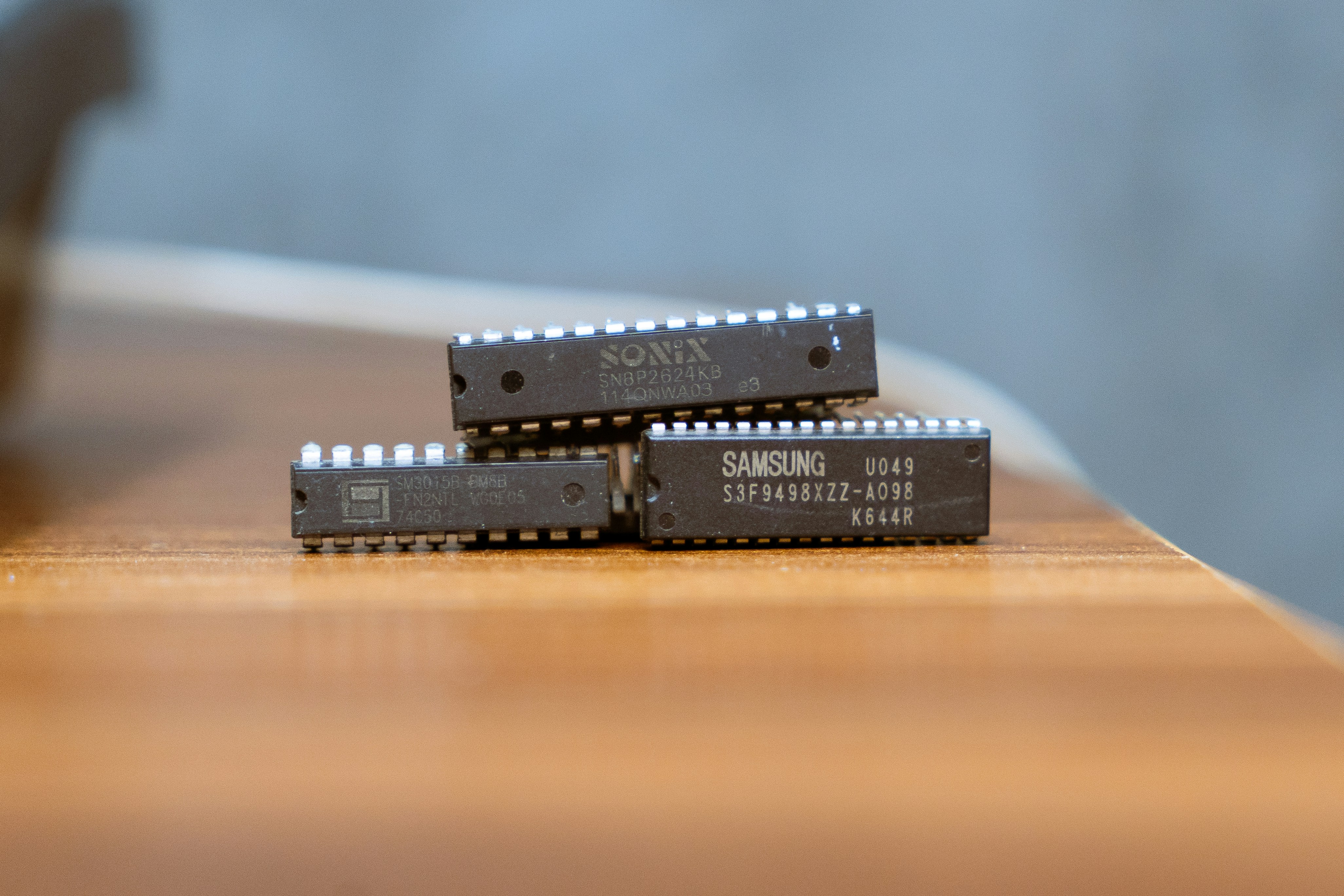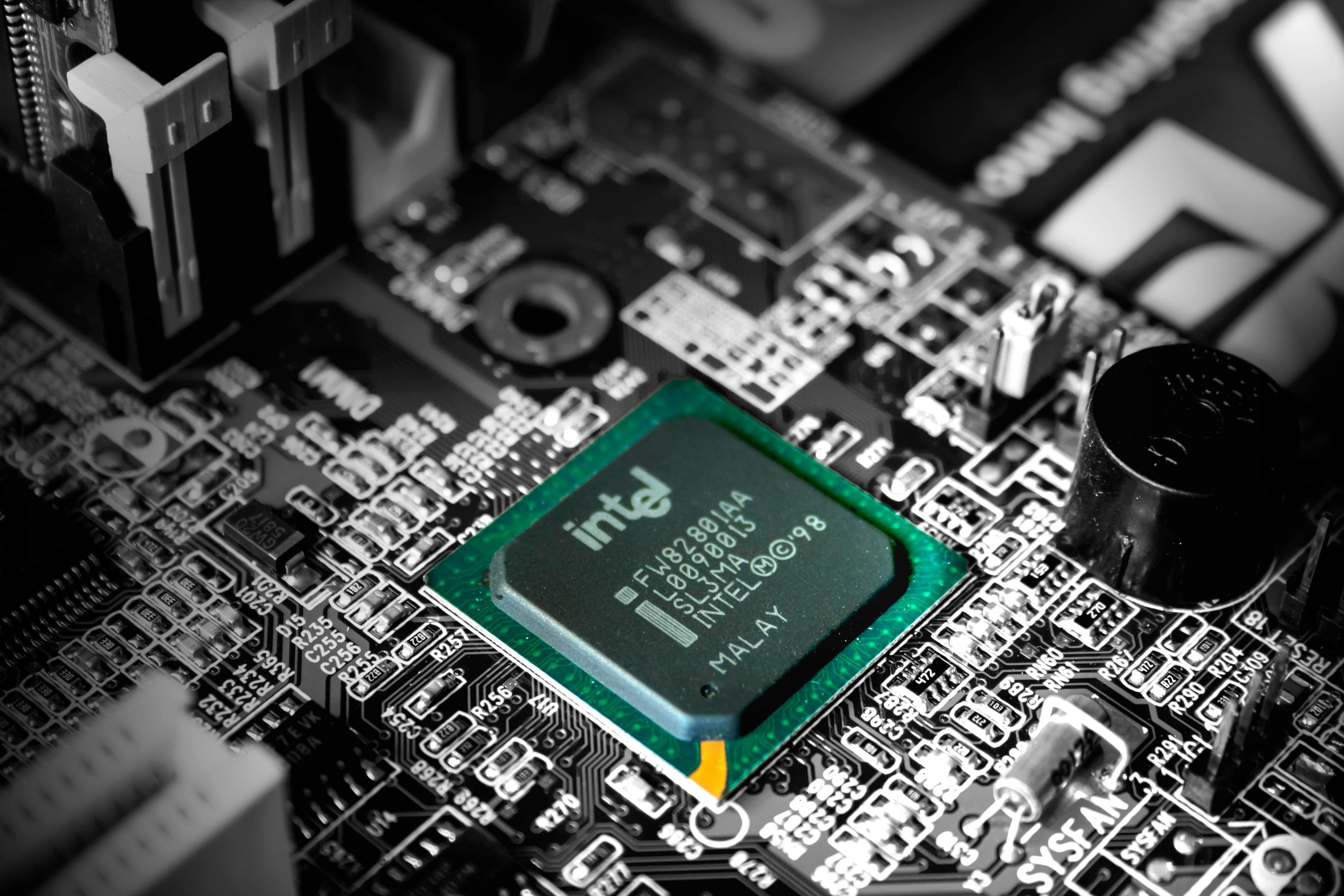
The Best Free Tools & Platforms to Practise Semiconductor Skills in 2025/26
Semiconductors are at the heart of modern technology. From the processors in your smartphone to the power electronics that drive electric vehicles, semiconductors enable the digital world. They are at the heart of computing, communications, renewable energy, and advanced manufacturing. For students, graduates, and career changers in the UK, the semiconductor industry offers outstanding opportunities. But employers expect more than theoretical knowledge. They want candidates who can model devices, simulate circuits, verify layouts, and understand how design choices impact performance. The challenge? Many professional semiconductor design tools are expensive, costing thousands of pounds for a licence. But the good news is that there are a number of free and open-source tools that allow you to practise key semiconductor skills — from device physics to circuit design and layout — entirely without cost. This article explores the best free tools and platforms to practise semiconductor skills in 2025. Each tool is explained, along with the skills it helps you develop, project ideas you can try, and how these can be turned into portfolio work that UK employers will value.










